Faculty
PhD and Post-Doc Students
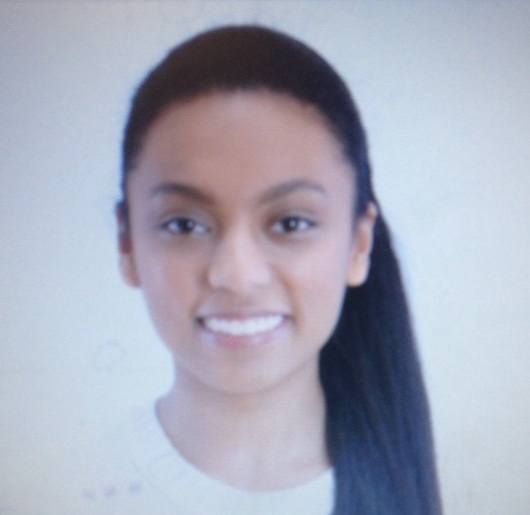 Catherine Mullings
Catherine Mullings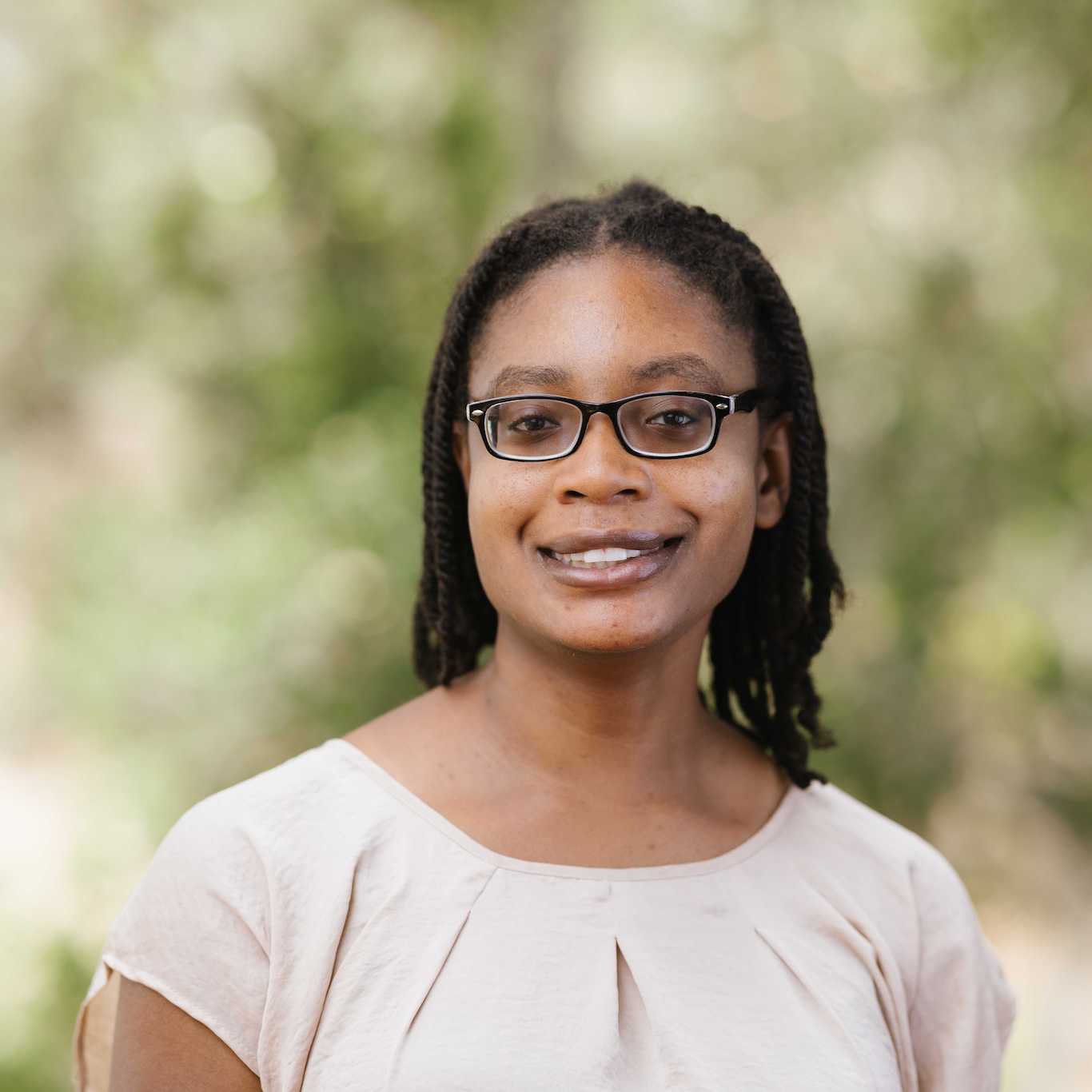 Elizabeth Childs
Elizabeth Childs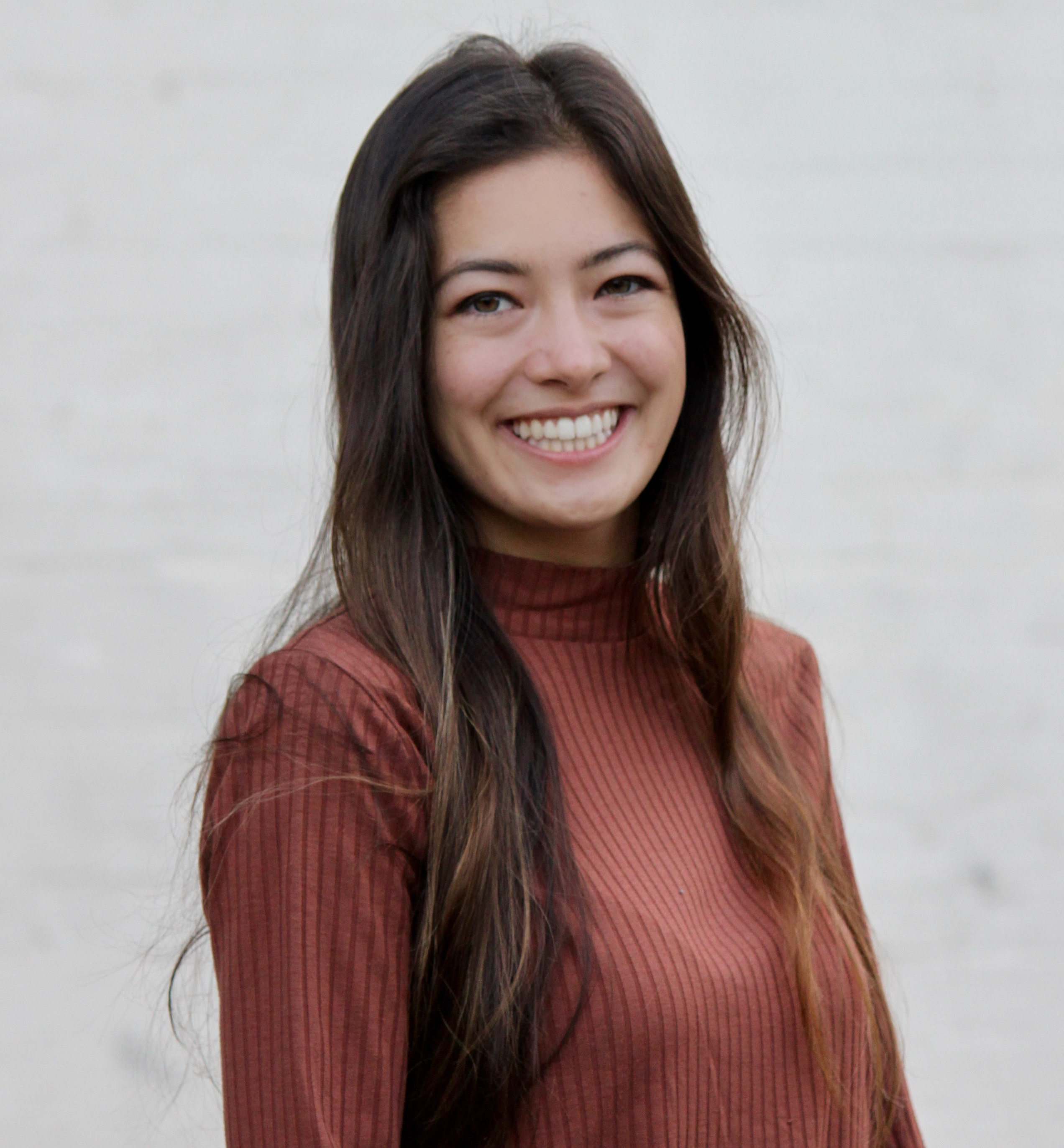 Savannah Cofer
Savannah Cofer|
Admins 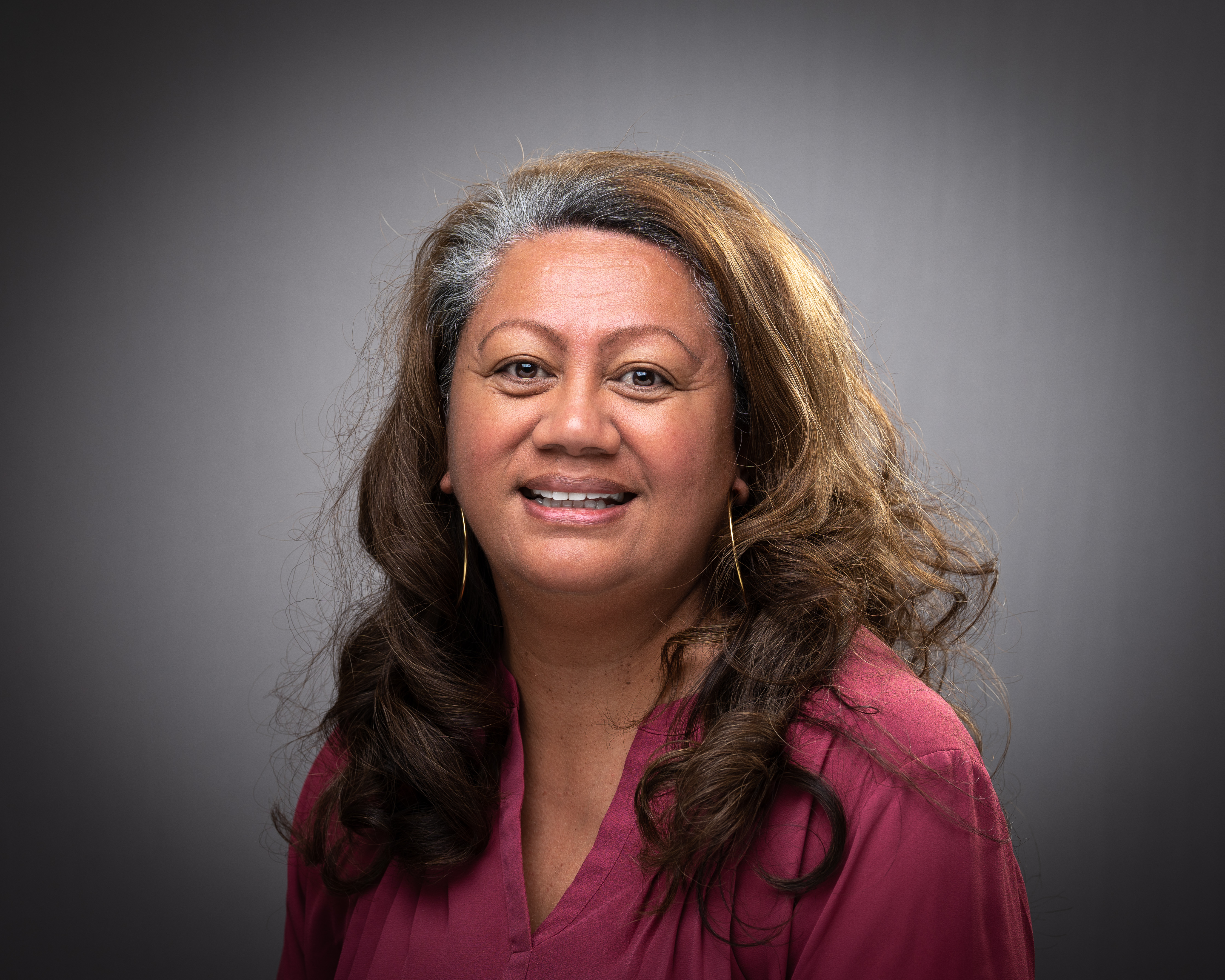 Opeta Henderson Opeta Henderson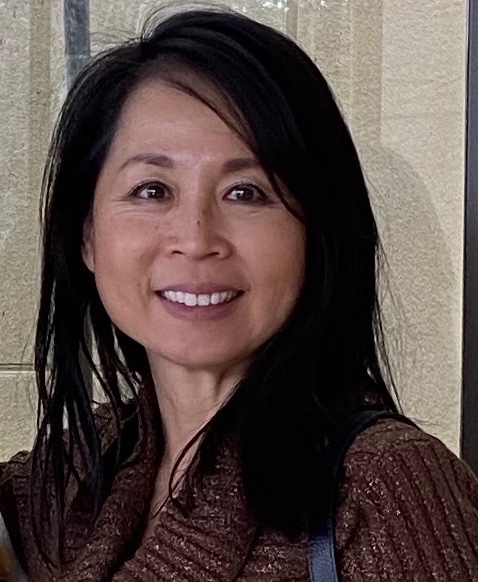 Wen Chen Wen Chen |
Affiliated Faculty & Researchers
 Byron Reeves Byron ReevesByron Reeves (Professor of Communication) is co-director with Clifford Nass of the project on Social Responses to Communication Technologies, with special interest in the psychological processing of media in the areas of attention, memory, emotions, and physiological responses. They have co-authored a book describing results of their research, The Media Equation: How People Treat Computers, Televisions, and New Media Like Real People and Places (New York: Cambridge University Press, 1996). | 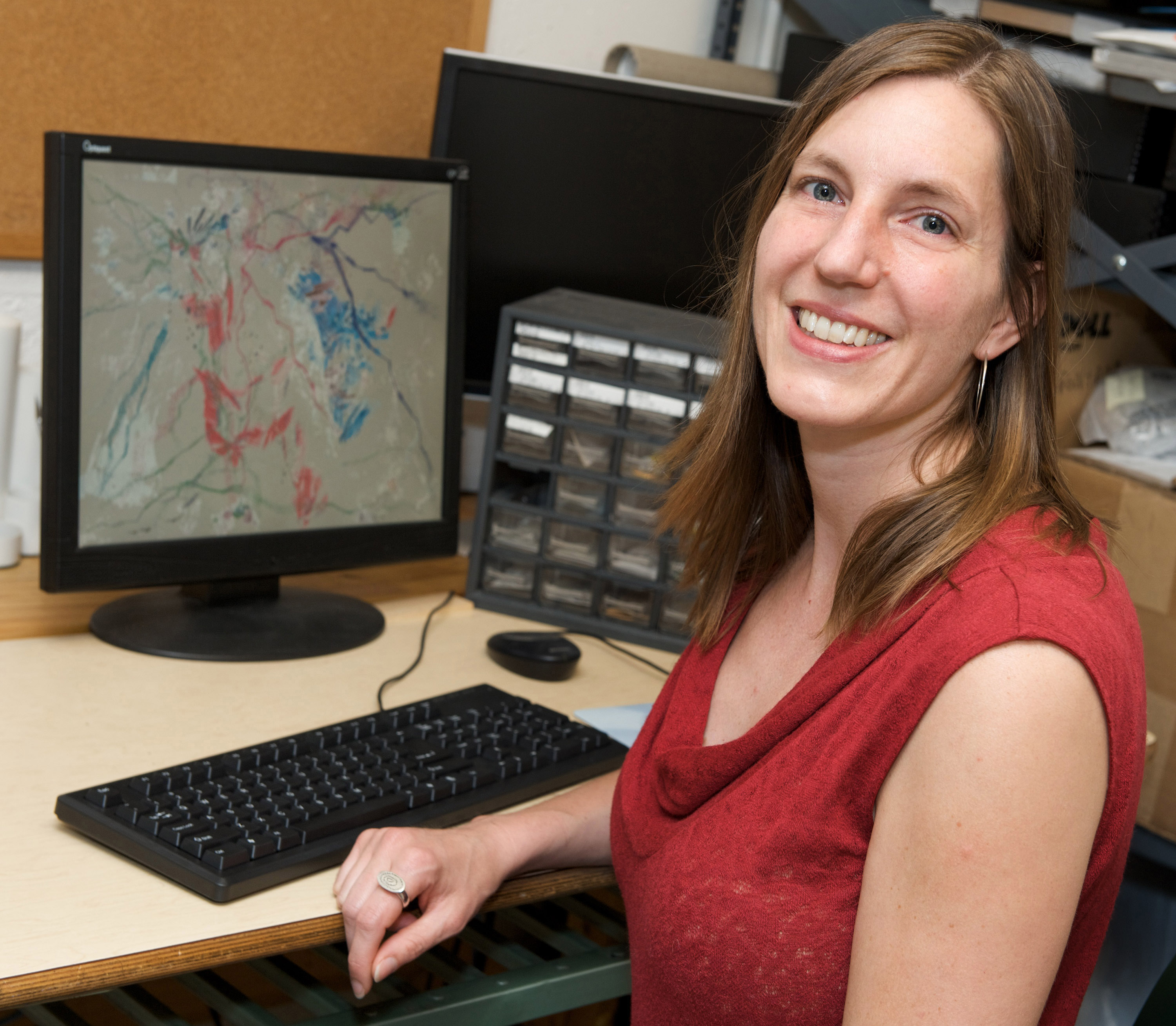 Camille Utterback Camille UtterbackCamille Utterback is an internationally acclaimed artist and pioneer in the field of digital and interactive art. Utterback’s work explores the aesthetic and experiential possibilities of linking computational systems to human movement and physicality in visually layered ways. Her work focuses attention on the continued relevance and richness of the body in our increasingly mediated world. To create her projects, Utterback combines various sensing and display technologies with the custom software she writes. Whether expressed in the form of architectural-scale projections, custom LED lighting, or intimate sculptures with embedded LCD screens, Utterback’s work engages participants in a process of embodied discovery as they explore the possibilities and behaviors of her physically engaged systems. |
 Chris Chafe Chris ChafeChris Chafe (Music) is director of the Stanford Center for Computer Research in Music and Acoustics (CCRMA). His research is in the area of Real-time Controllers for Physical Models, including haptic interfaces for musical performance and in modeling human aspects of musical performance. He also initiated an interuniversity course on HCI device design that has been taught at Stanford, jointly with San Jose State and Princeton. |  Chris Manning Chris ManningChris Manning (Assistant Professor of Linguistics and Computer Science) specializes in computational linguistics. His current research focuses on robust but linguistically sophisticated (probabilistic) natural language processing, and opportunities to use it in real-world domains. He is also working on the visualization of natural language dictionaries. |
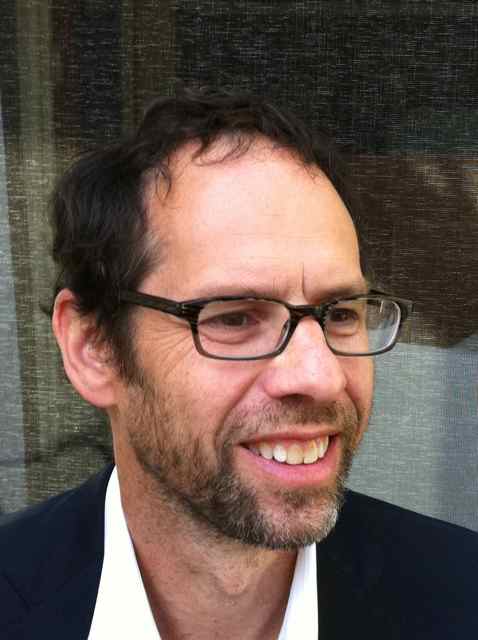 Dan Jurafsky Dan JurafskyDan Jurafsky's research, as part of the Stanford NLP group, the Stanford Speech Lab, and the Stanford program in computational linguistics, focuses on computer speech recognition, speech synthesis, and dialogue, and natural language processing, especially in chinese computational linguistics, as well as in computational psycholinguistics, and in laboratory phonology. Dan also organizes the stanford courses in nlp, speech, and computational linguistics. Together with Eric Gaussier, he recently chaired EMNLP-2006 in Sydney. |  Dan Schwartz Dan SchwartzDan Schwartz studies how people's facility for spatial thinking can inform and influence processes of learning, instruction, assessment and problem solving. He finds that new media make it possible to exploit spatial representations and activities in fundamentally new ways, offering an exciting complement to the verbal approaches that dominate educational research and practice. |
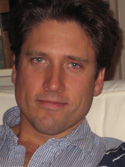 Daniel A. McFarland Daniel A. McFarlandDaniel A. McFarland (Associate Professor of Education and, by courtesy, Sociology and Organizational behavior) specializes in social networks. His research focuses on social network dynamics in dialogue, small groups, and institutions. Dan is currently interested in melding computational linguistics and social network analysis in the study of real-world contexts like dating relations, classroom instruction, and knowledge creation in academe. In addition, he is interested in using empirical research to revise and advance social theory. Dan teaches courses in social networks, social interaction, organizations and knowledge creation. | 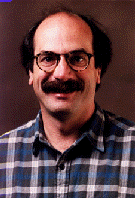 David Kelley David KelleyDavid Kelley (Professor of Mechanical Engineering - Design Division) is interested in new product development methodology from inception to production with an emphasis on user-centered design. Professor Kelley's primary involvement is in the product design program, a joint program with the art department which emphasizes the blending of innovation, human values, and aesthetic concerns into a single curriculum. He also teaches HCI courses jointly with faculty from computer science. Kelley is also the founder and head of one of the world's most prominent product design firms, IDEO. |
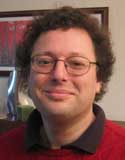 Dr. Andreas Paepcke Dr. Andreas PaepckeDr. Andreas Paepcke is a senior research scientist and director of the Digital Library project at Stanford University. His most recent work has been in designing novel information access interfaces for wirelessly connected, handheld devices. |  Fred Turner Fred TurnerFred Turner studies the roles media and media technologies have played in American cultural history. His most recent book, From Counterculture to Cyberculture, traces the influence of the American counterculture of the 1960s on the computing machines and information ideologies of the 1990s. His new research focuses on multimedia art worlds of the 1940s, but he remains very interested in Silicon Valley, the local computing industry, and their impact on American life. |
 Ge Wang Ge WangGe Wang (Assistant Professor, CCRMA | Music | Computer Science, by courtesy) researches interactive software systems for computer music, programming languages, mobile music, performance, and education at the intersection of computer science and music. Ge is the author of the ChucK audio programming language, the founder and director of the Stanford Laptop Orchestra (SLOrk), and of the Stanford Mobile Phone Orchestra (MoPhO). Ge is Co-founder, CTO, and Chief Creative Officer of Smule, and the designer of the iPhone's Ocarina. |  Herbert H. Clark Herbert H. ClarkHerbert H. Clark (Psychology) is interested in language use, especially in conversation and other forms of dialogue. He and his students have carried out a series of studies on how people collaborate with each other in using language in a variety of joint activities. They have also studied language use in other media. Much of this work is represented in two recent books, Arenas of Language Use(1992), and Using Language (1996). He has also worked on speech disfluencies and their role in managing conversation. |
 Jeff Hancock Jeff HancockJeff Hancock is founding director of the Stanford Social Media Lab and is a Professor in the Department of Communication at Stanford University. Professor Hancock and his group work on understanding psychological and interpersonal processes in social media. The team specializes in using computational linguistics and experiments to understand how the words we use can reveal psychological and social dynamics, such as deception and trust, emotional dynamics, intimacy and relationships, and social support. Recently Professor Hancock has begun work on understanding the mental models people have about algorithms in social media, as well as working on the ethical issues associated with computational social science. | |
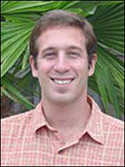 Jeremy Bailenson Jeremy BailensonJeremy Bailenson's main area of interest is the phenomenon of digital human representation, especially in the context of immersive virtual reality. He explores the manner in which people are able to represent themselves when the physical constraints of body and veridically-rendered behaviors are removed. Furthermore, he designs and studies collaborative virtual reality systems that allow physically remote individuals to meet in virtual space, and explores the manner in which these systems change the nature of verbal and nonverbal interaction. | 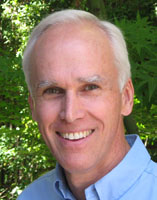 John Ousterhout John OusterhoutJohn Ousterhout (Professor of Computer Science) is interested in frameworks, tools, and infrastructure that encourage the development of highly interactive Web applications. He is currently leading the development of Fiz, an open-source framework for creating Web applications out of reusable components. |
 Joshua Cohen Joshua CohenJoshua Cohen is a professor of law, political science, and philosophy, program leader for the Program on Global Justice at the Freeman Spogli Institute for International Studies, where he is also a principal investigator in the programs on Human Rights and Liberation Technology. A political theorist, trained in philosophy, Cohen has written on issues of democratic theory, particularly deliberative democracy and the implications for personal liberty, freedom of expression, and campaign finance. | 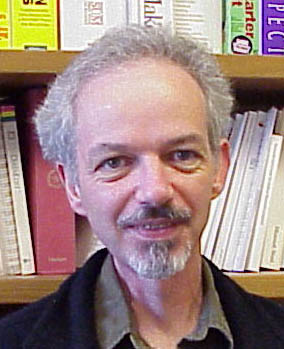 Ken Salisbury Ken SalisburyKen Salisbury (Research Professor of Computer Science and Surgery) does research on haptic interfaces (those involving touch). He has developed the Stanford-JPL Robot Hand, the JPL Force Reflecting Hand Controller, the MIT-WAM arm, and the Black Falcon Surgical Robot. His work led to the founding of SensAble Technology, producers of the Phantom haptic interface and software, and participation in Intuitive Surgical, which creates telerobotic systems for the operating room. |
 Larry Leifer Larry LeiferLarry Leifer (Professor of Mechanical Engineering - Design Division) directs the Center for Design Research. His research interests include design methodology, human operator information processing, rehabilitation robotics, design team protocol analysis, design knowledge capture, and concurrent engineering | Melissa Valentine is an Assistant Professor at Stanford University in the Management Science and Engineering Department, and a faculty member of the Center for Work, Technology, and Organization. She conducts multi-method studies of groups and teams in organizations, with a focus on temporary teams. Her studies use longitudinal or multi-case comparisons to identify enabling conditions of fast-paced coordination in temporary teams. Recent work has focused on how crowdsourcing platforms can be used to assemble, coordinate, and adapt flash teams and flash organizations. Prof Valentine also recently published an article on how complex organizations learn, using an in-depth field study of an academic cancer center. |
 Monica Lam Monica LamMonica Lam is a Professor in the Computer Science Department at Stanford University since 1988. She is the Faculty Director of the Stanford MobiSocial Computing Laboratory and a co-PI in the POMI (Programmable Open Mobile Internet) 2020 project, which is an NSF Expedition started in 2008. Her current research interests are in building an open and federated social computing infrastructure. | |
 Pamela Hinds Pamela HindsPamela Hinds (Associate Profesor of Management Science & Enginneering) studies the interplay between information technologies, information sharing, and human judgment, as a core faculty member of the Center for Work, Technology, and Organization. She is currently conducting research on the affect of remote and distributed work on employees' shared understanding of work, the affect of intellectual property agreements on information sharing, and the limitations of expertise. | 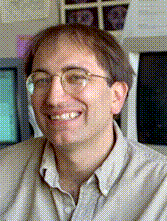 Pat Hanrahan Pat HanrahanPat Hanrahan (Professor of Computer Science) is well known for his work on Computer Graphics. He has become increasingly interested in the interaction issues associated with visual displays, including developing interfaces for the responsive workbench. He is a leader of the project on interactive workspaces. |
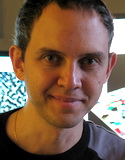 Paulo Blikstein Paulo BliksteinPaulo Blikstein is an Assistant Professor at the School of Education and, by courtesy, at the Computer Science department. Paulo is very interested in why, and how, people build "stuff": projects, robots, toys, computer programs, crafts, theories. Blikstein's research focus is the design of technological tools for supporting it, and the analytical and methodological frameworks to study and understand what people learn in that process. |  Shriti Raj Shriti RajShriti Raj is an Assistant Professor at Stanford University in the Department of Medicine Center for Biomedical Informatics Research and the Institute for Human-Centered Artificial Intelligence. Her research examines ways in which self-monitoring data is used or could be used by patients with chronic conditions and their clinicians to facilitate the care of chronic health conditions. |
Alumni
 Adrian Graham
Adrian Graham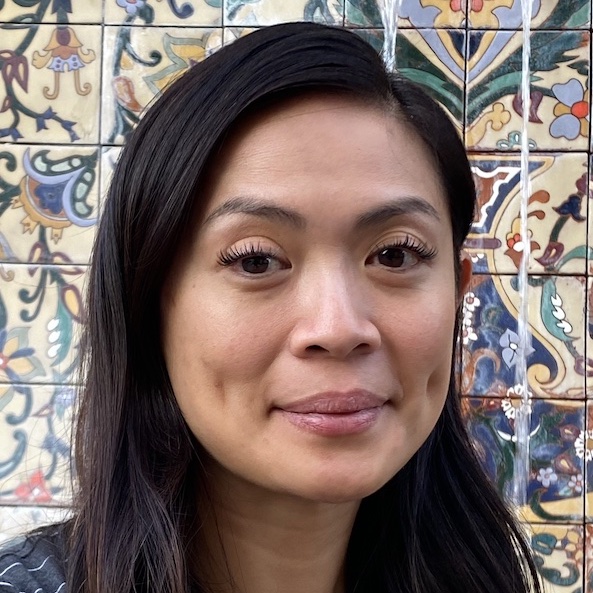 Angelica Teaupa
Angelica Teaupa Caesar Sengupta
Caesar Sengupta Chinmay Kulkarni
Chinmay Kulkarni Djamila Holmlund
Djamila Holmlund Durim Morina
Durim Morina Gilbert Bernstein
Gilbert Bernstein Greg Hutchins
Greg Hutchins Jeff Raymakers
Jeff Raymakers Jesse Cirimele
Jesse Cirimele Katherine Chen
Katherine Chen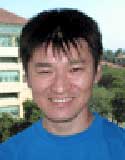 Keiji Saito
Keiji Saito Kelly Carson
Kelly Carson Kyle Barrett
Kyle Barrett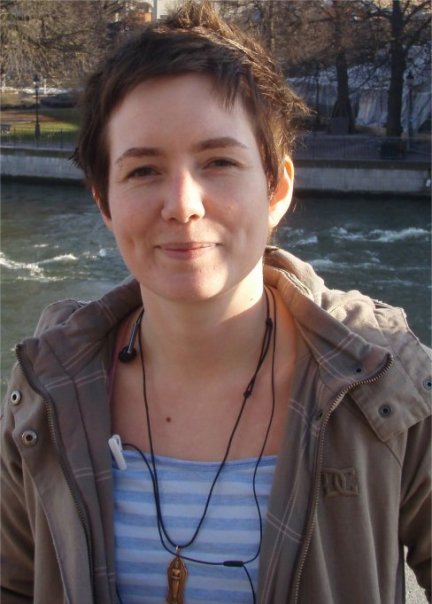 Maria Sandberg
Maria Sandberg Martin Roscheisen
Martin Roscheisen Meenakshy Chakravorty
Meenakshy Chakravorty Michelle Baldonado
Michelle Baldonado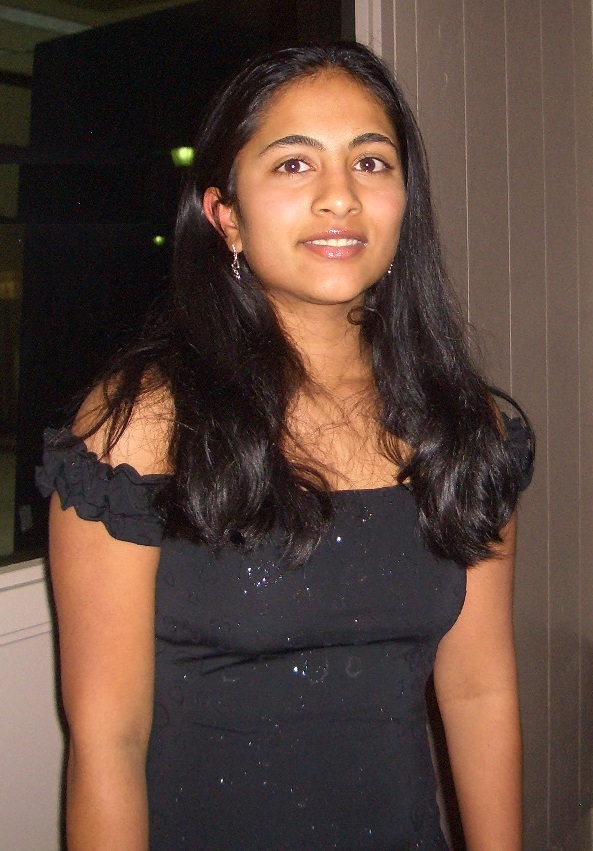 Niveditha Jayasekar
Niveditha Jayasekar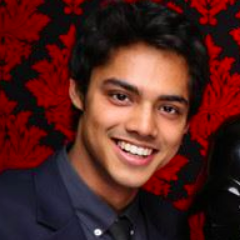 Ranjay Krishna
Ranjay Krishna Richard Salvador
Richard Salvador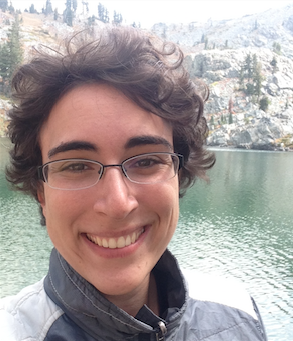 Sarah Sterman
Sarah Sterman Sha Xinwei
Sha Xinwei Steve Cousins
Steve Cousins Takehiro Hagiwara
Takehiro Hagiwara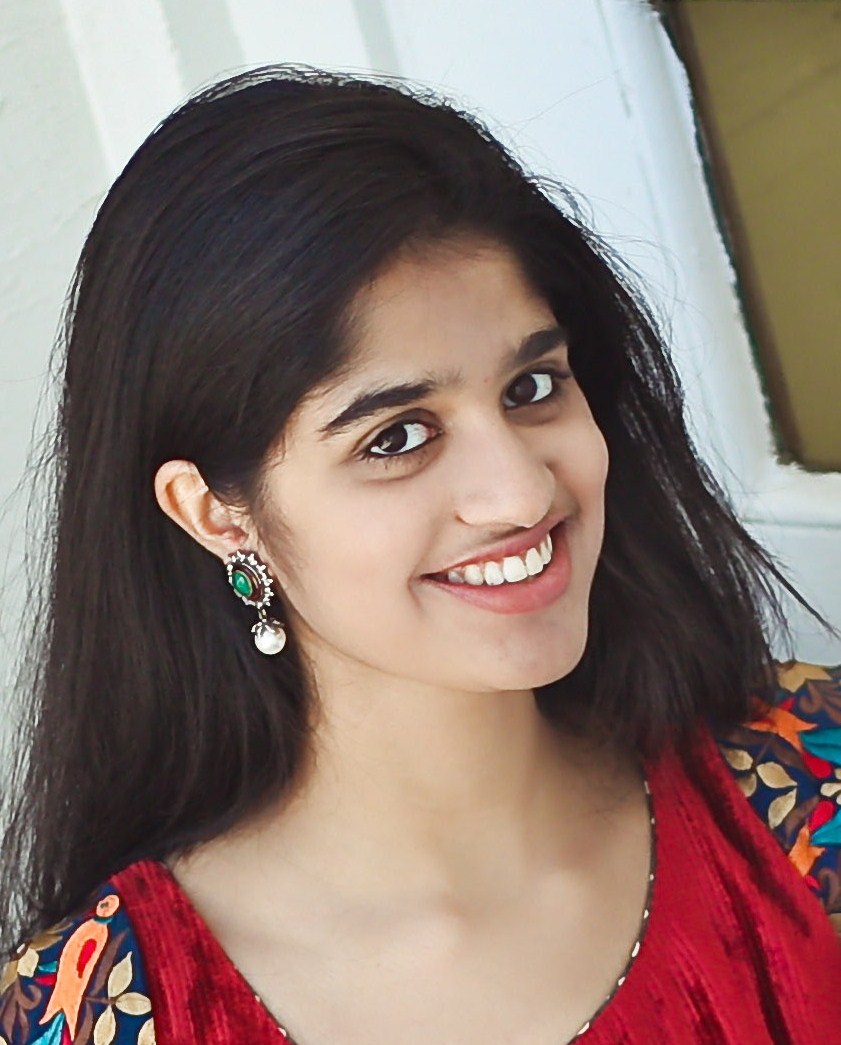 Tulsee Doshi
Tulsee Doshi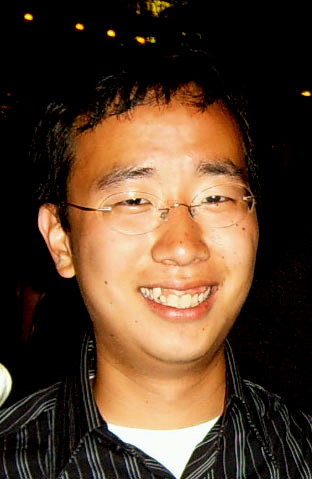 William Choi
William Choi